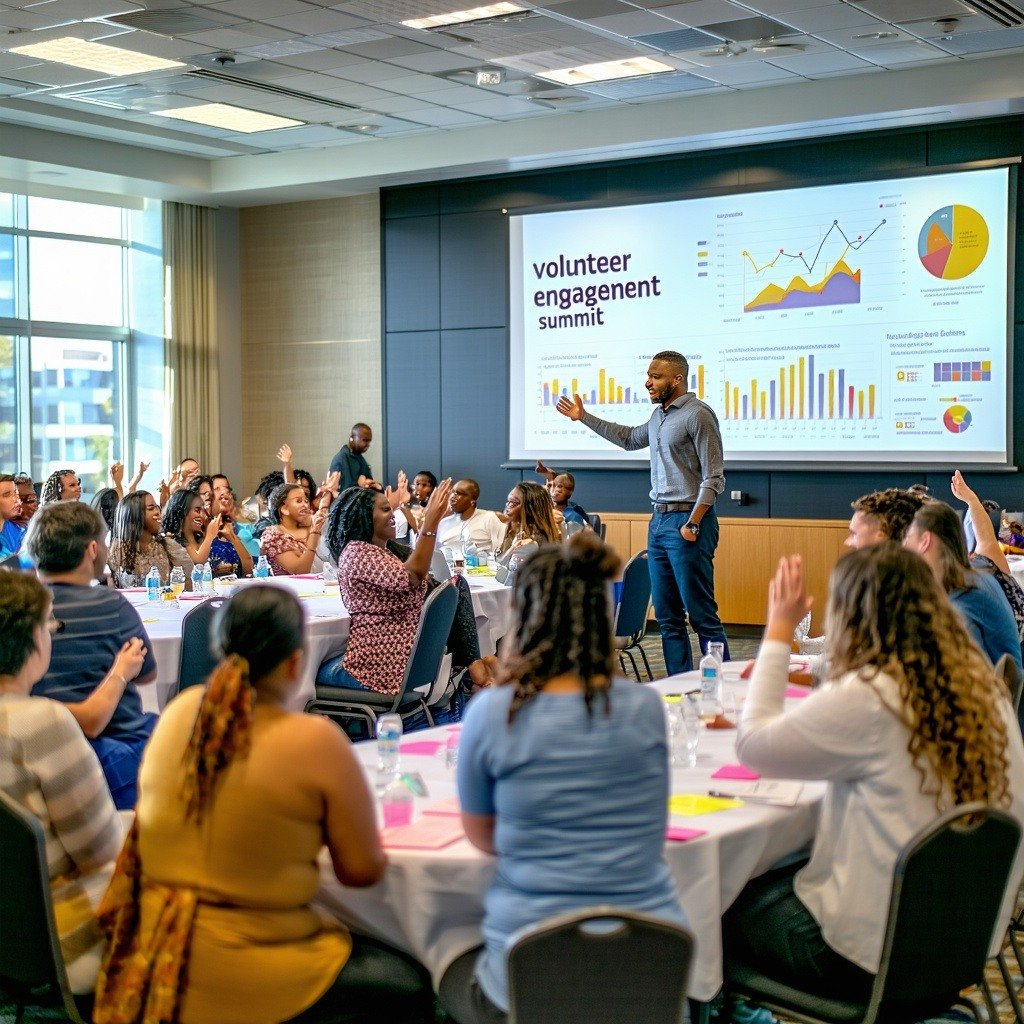Insuring volunteers…the wrong way and the right way
In a discussion with your insurance agent, you might have asked, “What happens if a volunteer accidentally hurts someone, or damages someone’s...
2 min read
 Tracy Vlnicka, DOVIA Colorado Board Member
Nov 27, 2024 9:30:00 AM
Tracy Vlnicka, DOVIA Colorado Board Member
Nov 27, 2024 9:30:00 AM

As the winter months settle in and activities slow down, transitioning into preparation for the year ahead, it may be the ideal time for those working with volunteers to reflect, reassess, and recharge essential program documents and procedures. By taking stock of your materials and practices now, you can ensure that you’re set up for success in the coming year. Here’s a closer look at four key areas to focus on.
Update the Volunteer Handbook
The volunteer handbook is a cornerstone document that outlines policies, procedures, and expectations for volunteers. It’s essential to review this handbook to ensure it reflects current practices and any changes in your organization. Ask yourself:
Is the information up-to-date? Check for any new policies, procedures, or organizational changes that need to be included.
An updated volunteer handbook not only provides clarity for new and existing volunteers but also reinforces your organization’s commitment to a positive volunteer experience.
A well-structured volunteer orientation can significantly impact the effectiveness of your volunteer program. When reviewing materials and processes, consider these questions:
A cluttered volunteer database can lead to inefficiencies, additional fees, and missed opportunities. Use the winter months to conduct a thorough cleanup:
Staff input is invaluable when it comes to understanding the dynamics of your volunteer community. Seek out ways to gather feedback on:
With this feedback, you can tailor training documents for staff that focus on improving collaboration with volunteers, creating a more intentional culture among volunteers and staff.
This winter set up your volunteer program for success by thoughtfully reviewing and recharging essential program documents and procedures. It might not be the most glamorous, but focusing on updating the volunteer handbook, enhancing volunteer orientation, cleaning up your database, and gathering staff feedback sets a strong foundation for a successful year ahead. Embrace this season of renewal and make the most of it!
Featured Posts

In a discussion with your insurance agent, you might have asked, “What happens if a volunteer accidentally hurts someone, or damages someone’s...

In recent years volunteer involving organisations have continued to struggle with volunteer shortages. This trend is unlikely to end any time soon...

One of the many things I love about being a volunteer engagement professional is how supportive the volunteer engagement community is, and the many...